Hezbollah said it fired more than 100 rockets at Israeli positions on Wednesday in retaliation for a strike that killed a senior commander in Lebanon, the movement’s second such loss in recent weeks.
Hezbollah has traded near daily cross-border fire with the Israeli army since its Palestinian ally Hamas attacked southern Israel on October 7, triggering war in Gaza, but a recent uptick in bellicose rhetoric from both sides has raised fears of all-out war.
“A Hezbollah commander responsible for one of three sectors in south Lebanon was killed” in an “Israeli strike on a car in Tyre”, a source close to the group told AFP, requesting anonymity as they were not authorised to speak to the media.
The Iran-backed group said that “commander Mohammed Naameh Nasser”, also known as “Hajj Abu Naameh” was killed in the strike, and also announced the death of a second fighter.
The Israeli army said that it “eliminated” Nasser, saying he was the commander of Hezbollah’s “Aziz Unit which is responsible for firing from southwestern Lebanon at Israeli territory”.
Hezbollah said that “as part of the response” to Nasser’s killing, its fighters attacked two positions in the Israeli-annexed Golan Heights “with 100 Katyusha rockets”.
Also in retaliation, it said it fired “dozens of Katyusha rockets” at one of the positions, and “Falaq rockets” and heavy duty Burkan missiles at two military sites in northern Israel.
An Israeli military spokesperson told AFP that about 100 rocket launches had been made towards Israel from Lebanon.
A separate Israeli army statement said emergency services were “operating to extinguish a number of fires” caused by one of the attacks, in northern Israel’s Kiryat Shmona area.
‘Very worried’
The source close to Hezbollah said Nasser had the same rank as Taleb Abdallah, a commander killed in an Israeli strike last month who was described by a Lebanese military source at the time as the “most important” Hezbollah commander killed to date.
The Israeli army statement said that Nasser and Abdallah “served as two of the most significant Hezbollah terrorists in southern Lebanon”.
A second source close to Hezbollah, also requesting anonymity, said Nasser was the third senior Hezbollah commander to be killed in almost nine months of hostilities.
In January, a security source said an Israeli strike killed Wissam Hassan Tawil, another top commander from the group.
Hezbollah lawmaker Hassan Fadlallah said Nasser’s killing “will not drive” the movement to retreat.
Instead, Hezbollah will “increase the pace of its pressure” on Israel, Fadlallah said in a statement carried by Lebanon’s state-run National News Agency.
Nasser’s death followed a relative easing of cross-border exchanges over the past week, after threats on both sides had intensified.
Hezbollah announced other attacks on Israeli troops and positions on Wednesday, while the NNA reported Israeli raids elsewhere in south Lebanon.
Fears the violence, so far largely restricted to the border area, could turn into all-out war have sparked a flurry of diplomatic efforts to lower tensions.
“We’re very worried about the escalation of the exchange of fire,” United Nations chief Antonio Guterres’s spokesman said Wednesday.
Spokesman Stephane Dujarric warned of the potential risks to the region “as a whole if we were to find ourselves in a full fledged conflict”.
US envoy Amos Hochstein, who has made repeated visits to Lebanon, was due in Paris on Wednesday and was set to meet France’s Lebanon envoy Jean-Yves Le Drian.
The cross-border violence has killed at least 495 people in Lebanon, most of them fighters but also including 95 civilians, according to an AFP tally.
Israeli authorities say at least 15 soldiers and 11 civilians have been killed.
Author
-

Agence France-Presse (AFP) is one of the world's three main news wire services.

 4 months ago
36
4 months ago
36


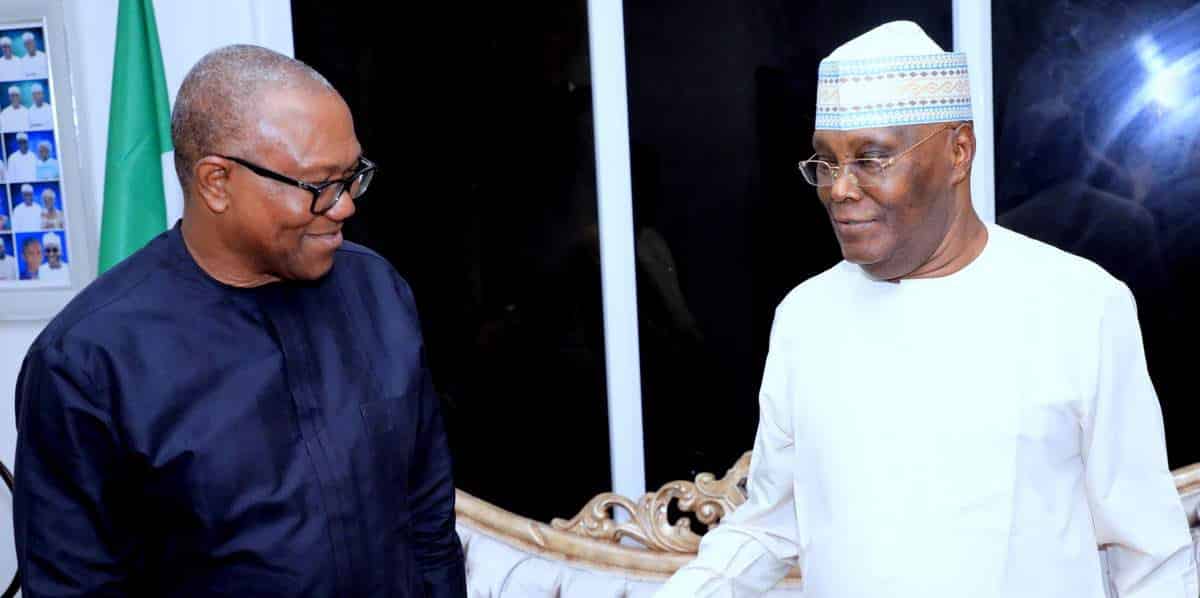
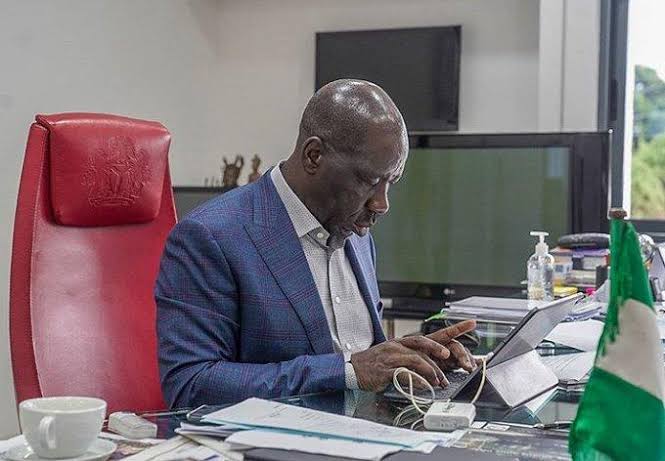
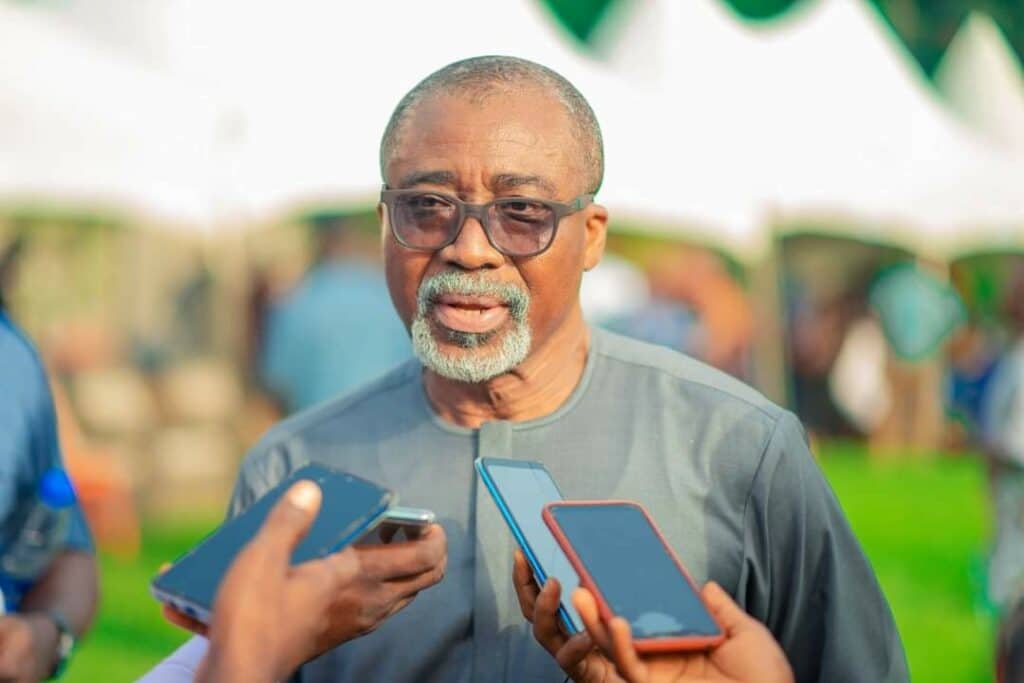


![[ICYMI] No N500m missing from customer’s account, says Access Bank](https://cdn.punchng.com/wp-content/uploads/2018/09/14183604/20180707-DSC_0077new.jpg)
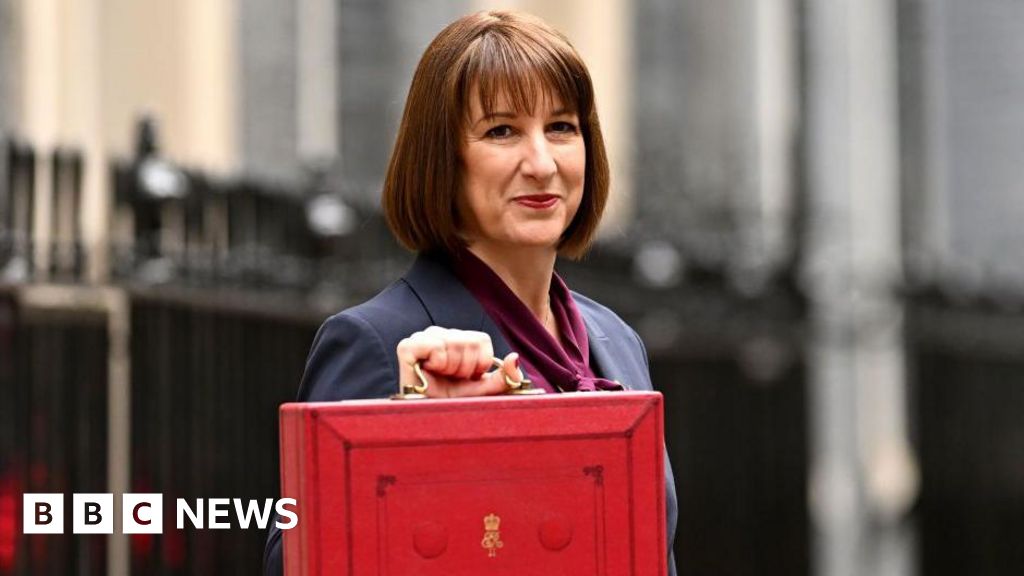
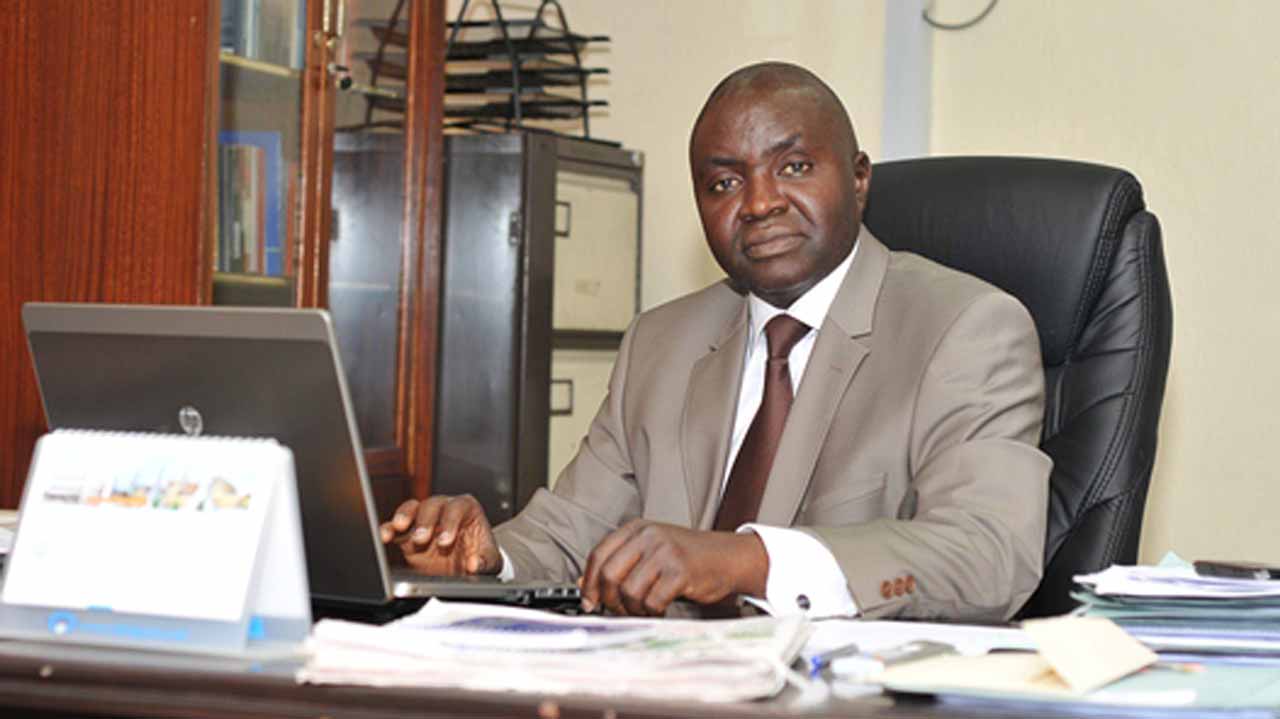
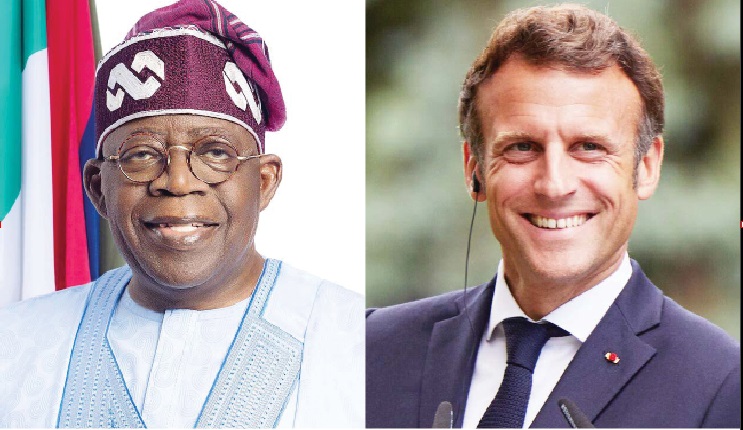


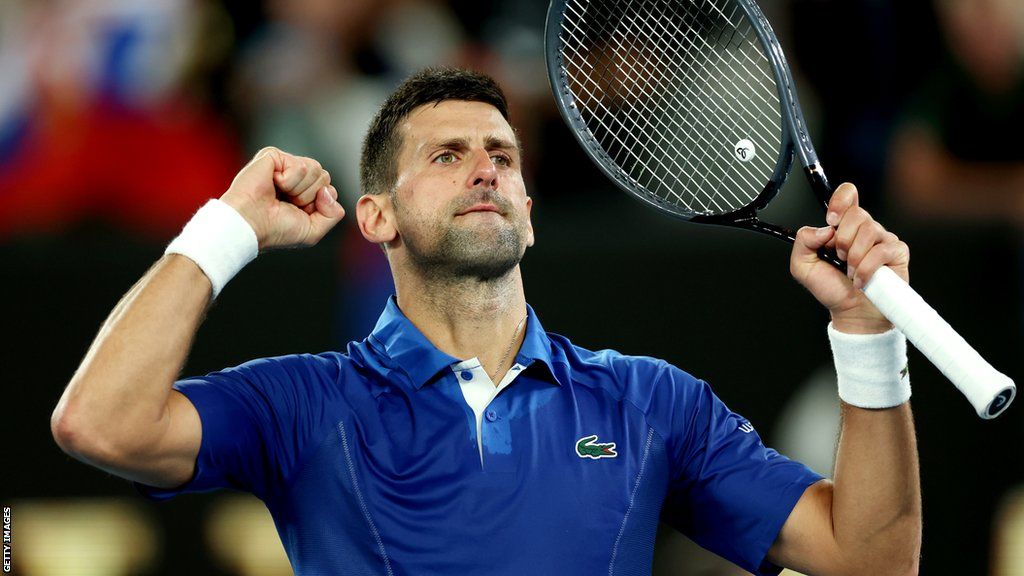
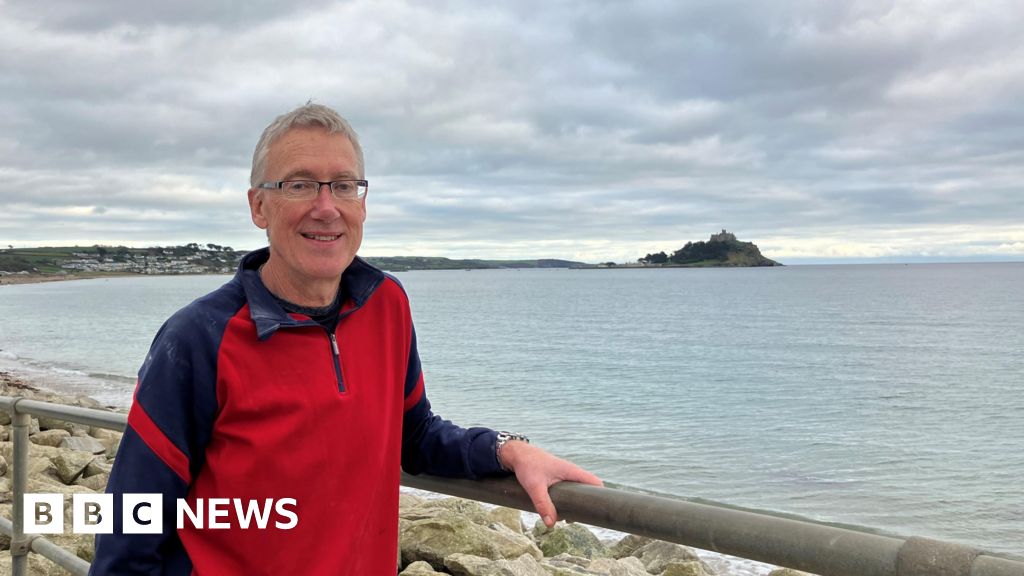
 English (US) ·
English (US) ·